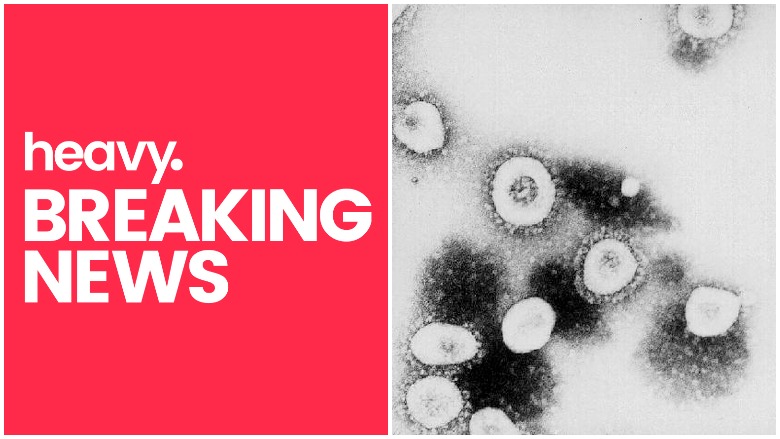
Getty Coronavirus samples from the Centers of Disease Control and Prevention in Atlanta, Georgia.
Two studies on coronavirus patients published in the medical journal, Blood Advances, are suggesting that having type-O blood may lead to better outcomes. One study from Danish researchers looked at a potential connection between patients’ blood types and their risk of contracting COVID-19, while another study from Canadian researchers looked at patients’ blood types and their risk of disease severity.
The Danish study found that there more people with type O blood represented a very high percentage among those who tested negative for coronavirus.
For the Canadian study’s key points, researchers wrote, “COVID-19 patients with blood group A or AB are at increased risk for requiring mechanical ventilation (and) … appear to exhibit a greater disease severity than patients with blood group O or B.”
One Study Indicated Having Type O Blood Could Mean a Lower Risk of Contracting Coronavirus
According to one study published in Blood Advances, “Reduced prevalence of SARS-CoV-2 infection in ABO blood group O,” researchers found that when they compared the 473,654 people on the Danish health registry to 2,204,742 among the general population, there were fewer people with type-O blood who tested positive for coronavirus than those with the blood types A, B or AB.
Even when they studied the tests collected between February 27 and July 30 of 473,654 people from Denmark, researchers reported that 41% of those who tested negative were of the blood group O, 42% were of the blood group A, 11% were of the blood group B and 4% were of the blood group AB.
Even though those of the blood groups O and A had similar negative rates, those of the blood group O had lower positive rates (38% of the 7,422 who tested positive) compared to those of the blood group A (44% of the 7.422 who tested positive).
The Deccan Chronicle reported that researchers found similar rates of positive and negative coronavirus tests among the different blood types, even after controlling for ethnicity.
A Second Study Suggests Infections May Be Lower Among COVID-19 Positive Patients With Type-O Blood
A second study published in Blood Advances, “The association of ABO blood group with indices of disease severity and multiorgan dysfunction in COVID-19,” found that people of the type O or B blood groups had indicators that were much lower for disease severity than those of the blood group A or AB. The patients were those who were checked into intensive care units (ICUs) in hospitals in Vancouver, Canada.
According to the study, of the 95 critically ill patients of the ABO blood groups admitted to ICUs from March 1, 2020 to April 28, 2020, more patients of the A or AB blood group required mechanical ventilation, even after adjusting for sex, age, comorbidity status and treating death as a competing risk.
The study also found that more patients of the A or AB blood group required the use of “continuous renal replacement therapy” or CRRT compared to those of the O or B blood group. CRRT is described in the medical journal, CHEST, as a therapy “commonly used to provide renal support for critically ill patients with acute kidney injury, particularly patients who are hemodynamically unstable.”
There were no differences in median ICU length of stay, ventilator-free days or proportion of fatality after adjustments were made for the previously mentioned parameters.
Dr. Mypinder Sekhon, one of the authors of the Canadian study told CNN that the findings would need to be repeated across multiple studies to confirm any link between blood type and disease severity, and added that they should also not be taken as a license to avoid taking the necessary precautions. “If one is blood group A, you don’t need to start panicking. And if you’re blood group O, you’re not free to go to the pubs and bars,” Sekhon said.
READ NEXT: Dr. Eric Rubin: New England Journal of Medicine Condemns Trump